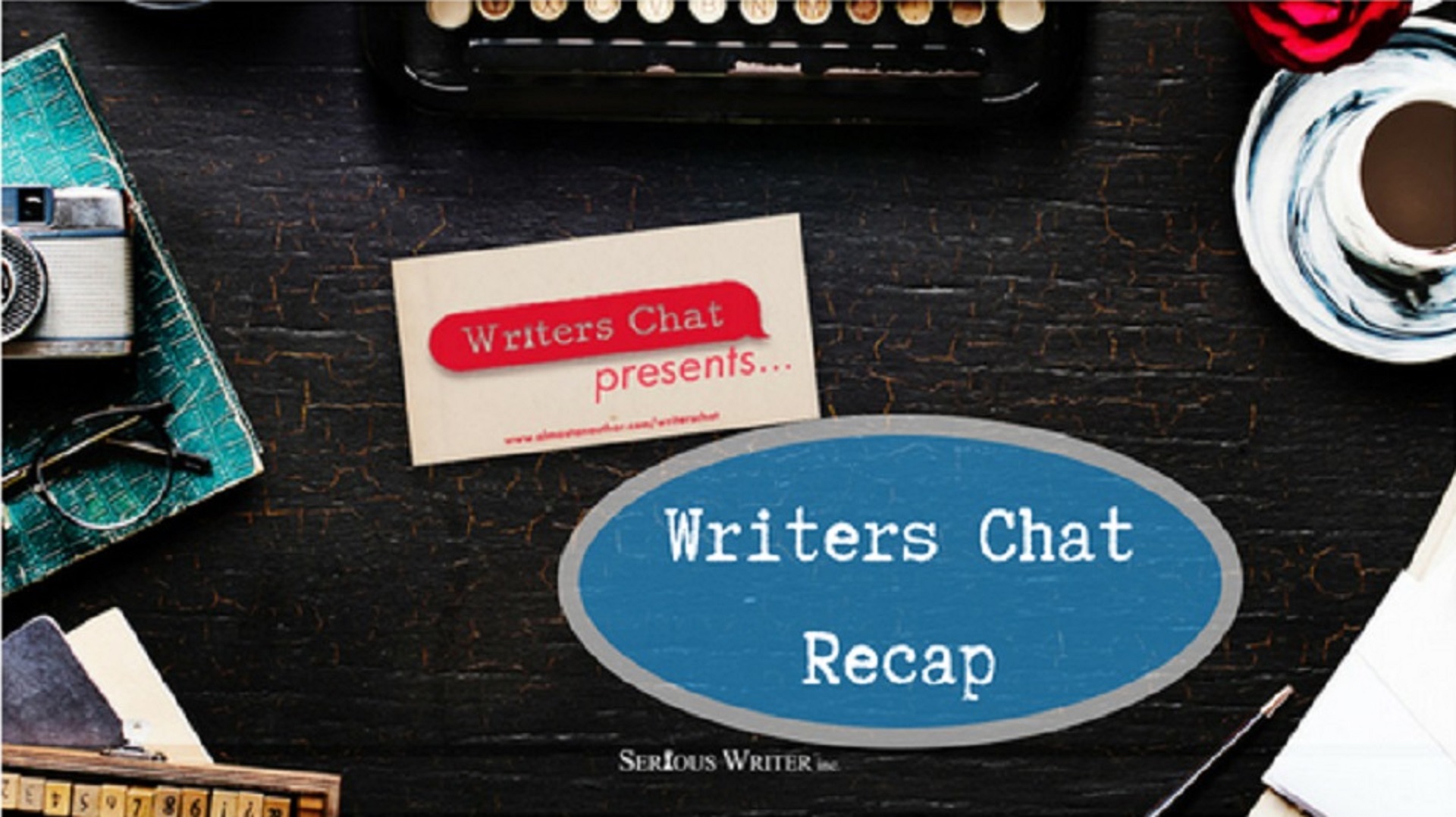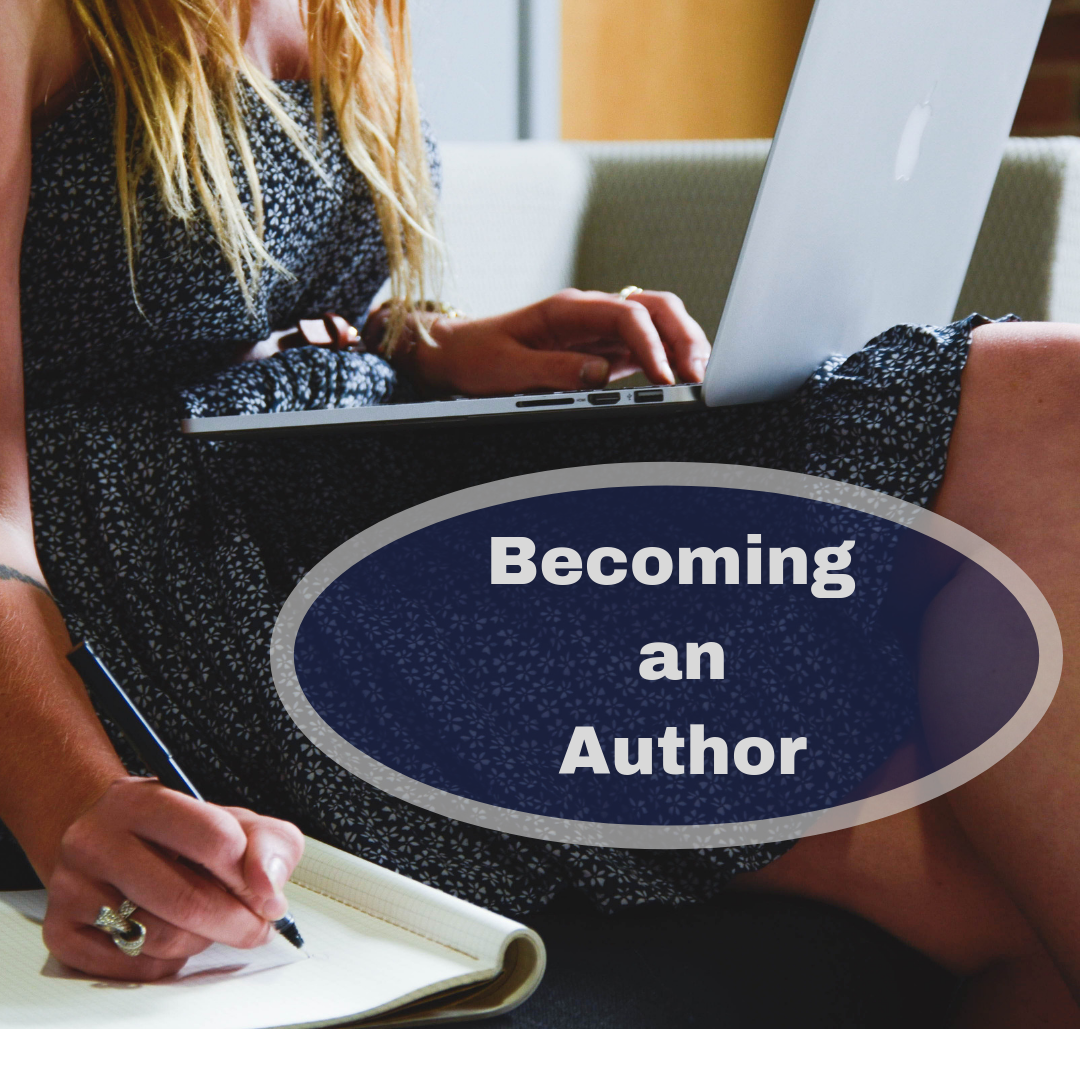
Advice for Just Starting Out
Has this happened to you? You are introduced to someone new as a children’s author. Response: “I have an…
April 8, 2024
Has this happened to you? You are introduced to someone new as a children’s author. Response: “I have an…
April 8, 2024
A press kit may sound like something that only celebrities and big-time authors need, but that’s not true. Everyone…
February 24, 2022
Marketing your book can be as difficult as writing it, but equally as important. If you don’t write the…
May 18, 2021
The story setting in literature describes the where and when of a character and action. The setting of a…
April 25, 2021
Writers Chat, hosted by Jean Wise, Johnnie Alexander, and Brandy Brow, is the show where we talk about all…
February 15, 2021
Paula Sheridan, Founder of Page Turner Awards, offers advice to authors on how to get their books to win…
February 13, 2021
Guys, I have been a huge Lisa Samson fan since forever. In fact, I distinctly remember reading the Christy…
November 27, 2020
Writing your book should be something that the author finds interesting. However, in the long run, you aren’t writing the…
November 21, 2020
Writers Chat, hosted by Jean Wise, Johnnie Alexander, and Bethany Jett, is the show where we talk about all…
April 30, 2020
You may have heard the term “it factor” used to describe people in industries such as sports or…
February 12, 2019